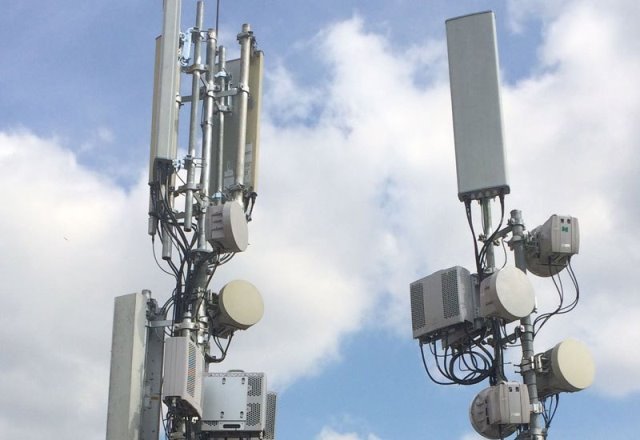The passage of the One Big Beautiful Bill Act represents a significant policy shift that will directly benefit AT&T by accelerating its plans to expand fiber and wireless infrastructure across the United States.

Backed by a pro-investment framework, the legislation enables AT&T to increase its fiber buildout by an additional one million customer locations annually starting in 2026. This scale-up is made possible by a combination of enhanced tax incentives for capital investment and a renewed commitment to spectrum policy that supports long-term network deployment, AT&T said in a news statement.
The bill also addresses a critical bottleneck in the telecom sector: the lapse of the FCC’s spectrum auction authority in 2023. By restoring this authority and creating a steady pipeline of midband spectrum, the bill provides wireless carriers like AT&T with the necessary bandwidth to meet rising consumer demand and compete globally — particularly against countries aggressively pushing next-generation wireless deployment.
Capital expenditure (Capex) in the U.S. telecom industry in 2025 is expected to decline compared to previous years, as major carriers such as AT&T, Verizon, and T-Mobile adopt more disciplined investment strategies. Following several years of heavy spending on 5G rollouts and fiber expansion, telecom operators are now focusing on optimizing their existing infrastructure and achieving higher returns on prior investments.
AT&T and Verizon have signaled flat or reduced Capex plans, emphasizing cost efficiency and capital allocation toward debt reduction and shareholder returns. T-Mobile, having completed much of its 5G network build-out, is also moderating its investment levels.
The slowdown in Capex reflects a maturing 5G deployment phase, regulatory uncertainty, and rising interest rates, which have led carriers to reassess large-scale spending. Analysts suggest the Capex cycle is shifting from expansion to monetization, with operators leveraging AI, automation, and cloud partnerships to drive service innovation without significant new infrastructure outlays.
FCC Chairman Brendan Carr applauded the bill, emphasizing its role in restoring American leadership in wireless technology. He noted that the legislation succeeds where others had failed by not only reinstating the FCC’s auction power but also laying the groundwork for future spectrum availability. According to Carr, this will “create jobs, encourage innovation, and expand high-speed connections to more Americans,” aligning with the FCC’s new Build America Agenda.
In addition to supporting network expansion, the legislation reinforces U.S. national and economic security interests by prioritizing domestic technological leadership. AT&T has acknowledged that the bill’s combined spectrum and tax provisions pave the way for stronger infrastructure investment decisions and intends to reflect the bill’s impact in its upcoming second-quarter financial outlook on July 23, 2025.
Baburajan Kizhakedath
